Motorist Car Buyer's Guide: Nissan Qashqai

There’s not much to be said about the Nissan Qashqai. It’s a compact crossover SUV that’s a good family car, and not much else.
But that isn’t to say it's not popular — look around and you will a Qashqai in every parking lot and traffic junction. Your teacher has one, your contractor has one, and your neighbour probably has one too.
Nissan started development of the Qashqai in 2002, aiming for it to compete in the sedan and hatchback markets. It would be as easy and cheap to drive as a hatchback while being as useful and practical as an SUV. They also aimed to target the European market, taking on a more ‘luxurious’ rather than ‘utilitarian’ image.
What is this?

This is a second-generation Qashqai — model code J11, that was introduced in 2013 and went on sale in 2014. It was released with 1.2L, 1.5L, 1.6L, and 2.0L engines, but Singapore only received the 1.2L petrol turbo and 2.0L petrol engine variants. With a cheaper Certificate of Entitlement (COE) price, the Category A 1.2L variant was the more popular choice locally — and that’s the one we have with us today.

A more modern-looking front design indicates that this is a post-facelift Qashqai, which occurred in 2017, bringing re-designed headlights and foglights. This 2018 Qashqai 1.2L was loaned to us by Ideal Automobile, who we thank for their support. You can view their listing on Motorist’s Used Car platform here!
Is it any good (on the wallet)?

While Nissans are generally reliable, the Qashqai suffers from some reliability issues. Common issues with the Qashqai include water sealing problems resulting in water entering the cabin and parking sensors, and the air-conditioning unit failing. Recalls included one for the exhaust sensor and one for the radiator fan, both of which could fail unexpectedly.
Qashqais made before September 2016 may also face issues with the right rear wheel arch deforming and damaging the right rear brake hose, which could cause a brake fluid leak. Specific to the 1.2L model is an issue where the engine uses an excessive amount of oil, so be sure to check the oil level often. However, Nissan parts come cheap, so replacing them often to ensure everything is in working order won’t break the bank.
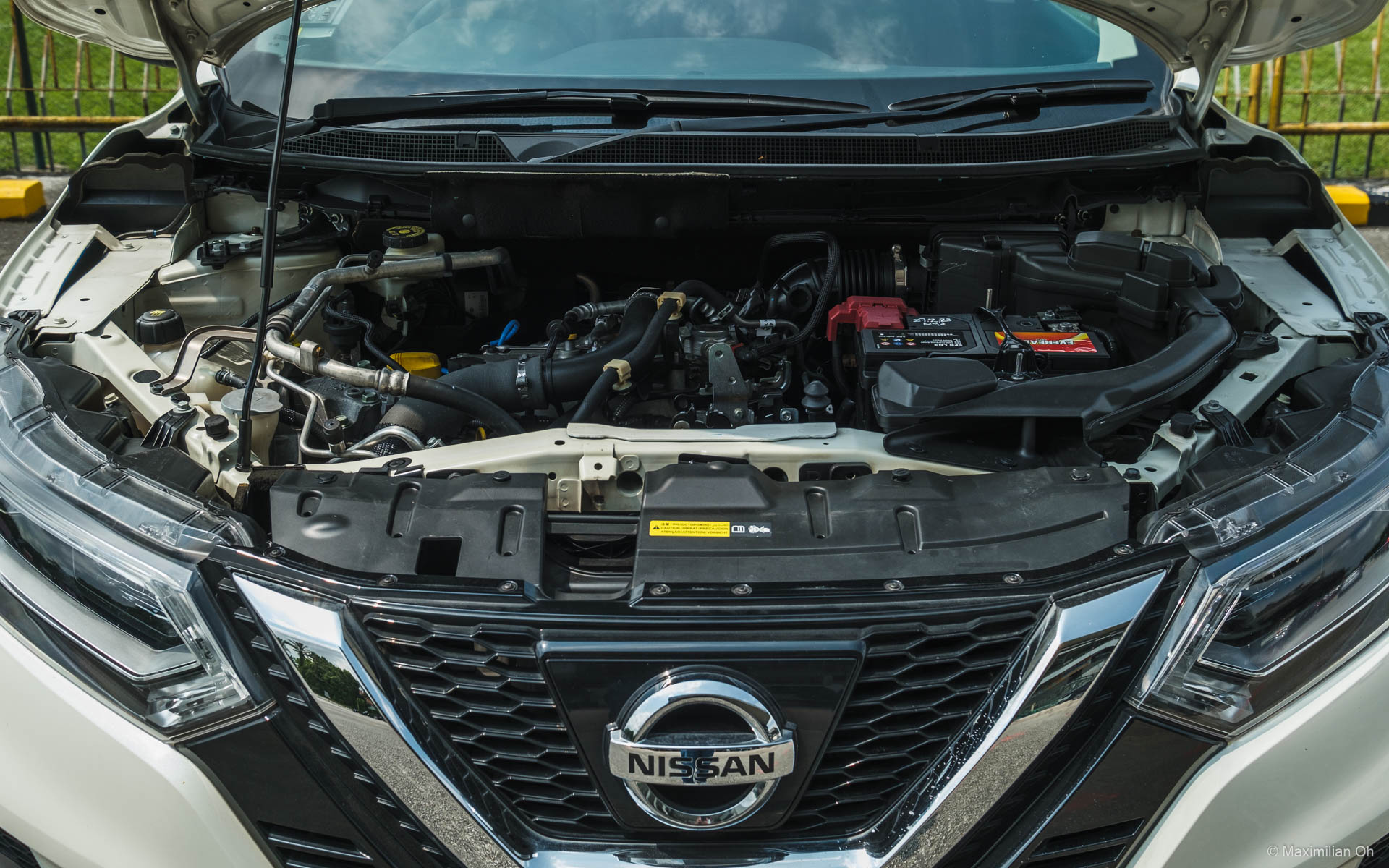
As for maintenance, Nissan recommends that the car goes through intermediate maintenance, meaning an oil change, every 20,000km or 12 months, and full maintenance, changing the brake fluid, air filter, and air conditioning filter every 40,000km or 24 months. The recommended oil viscosity to use is 5W-30.

Buying a Qashqai will set you back anywhere between $30,000 and $90,000, depending on the mileage, COE expiry date, engine capacity, and whether it was a facelifted model.
Road tax for the 1.2L models will be cheap at $508 for a 2015 model, but the more powerful 2.0L model will fetch $1,208. This is another reason why the 1.2L is more popular in Singapore than the 2.0L model.

If you’re concerned about fuel consumption, there’s not much point in getting the smaller 1.2L engine. Fuel consumption is 12.0 km/l for the 1.2L model and 11.7 km/l for the 2.0L model. Those numbers are nothing to rave about, but more than decent considering it’s an SUV. Be sure to also use at least 95 RON fuel.
Is it comfortable inside?
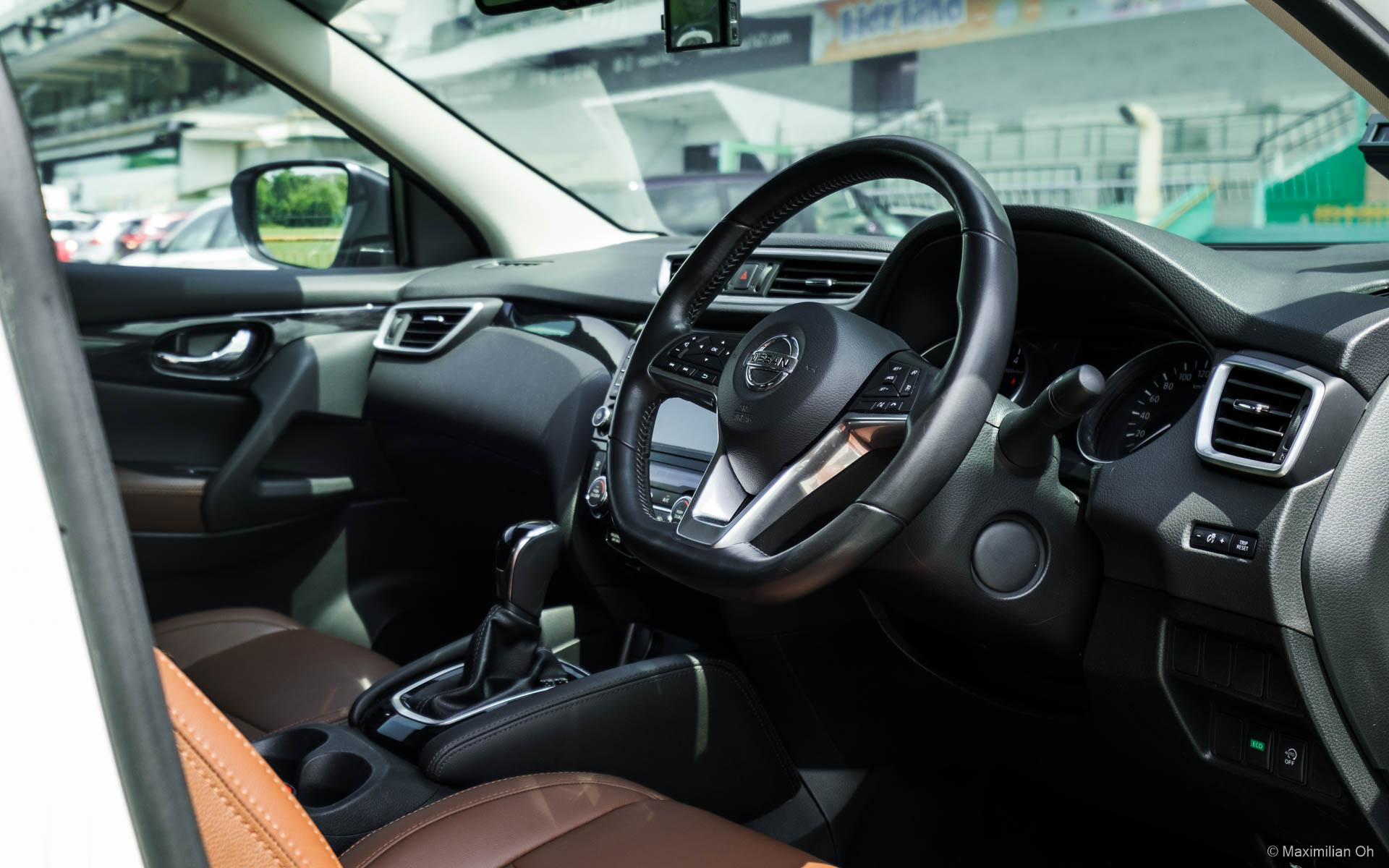
The leather steering wheel is big and appropriate for an SUV, and there are buttons for your media and cruise control settings. Plastics here are of a soft-touch material, giving it a more upmarket feel. The gear shifter remains intuitive, unlike those over-complicated ones on some modern cars. Sitting in the car for long hours won’t be a problem, as the front seats are comfortable to sit in and have plenty of space.
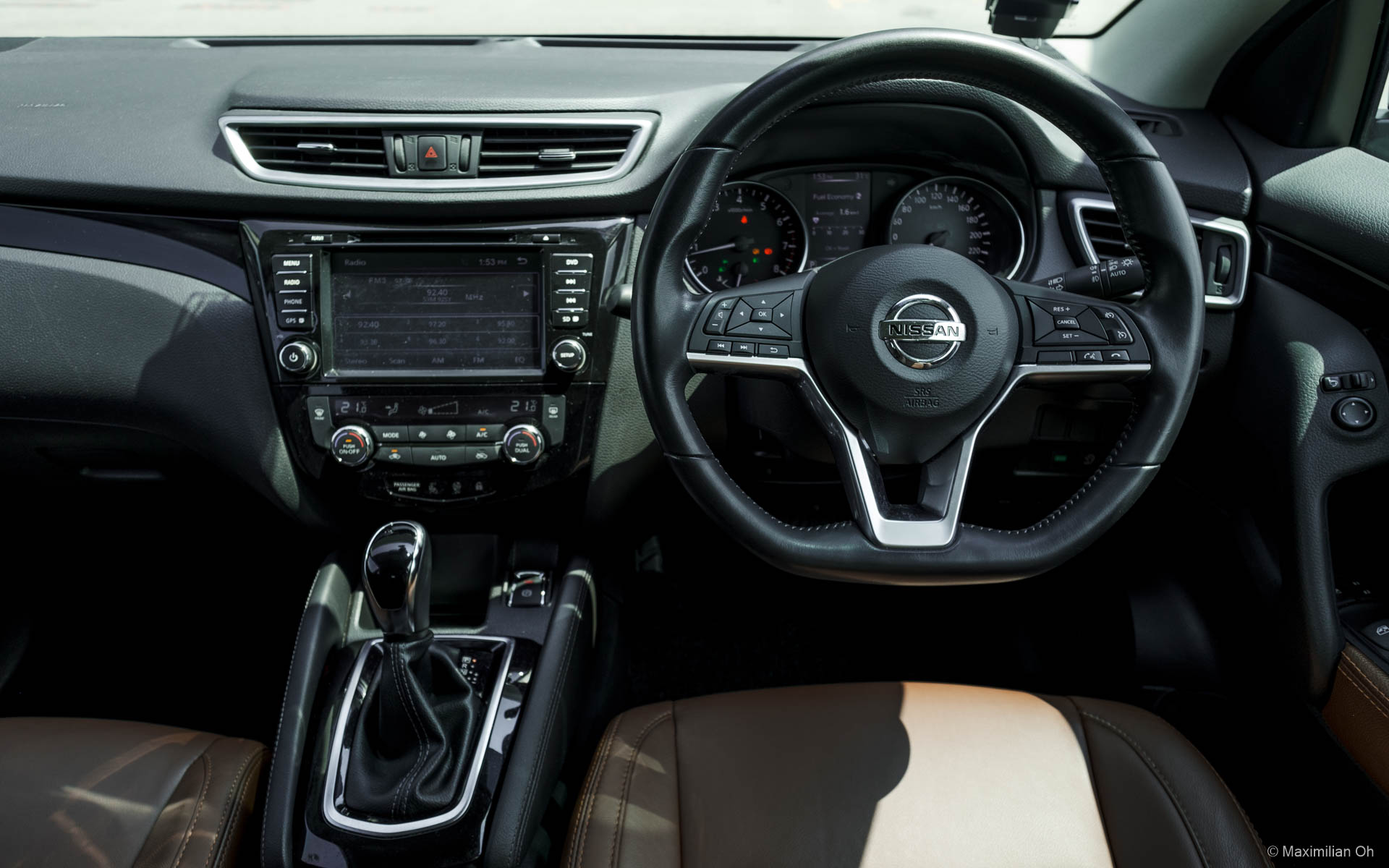
Built to survive Singapore’s weather, there are plenty of air conditioner vents, keeping the front cabin cool in the heat. If you hate using capacitative touch or digital buttons in modern cars, you’re in luck as the Qashqai’s many functions are mostly controlled by physical buttons. The head unit is decent too — while it lacks Apple CarPlay or Android Auto, it offers enough functionality for trips around town.
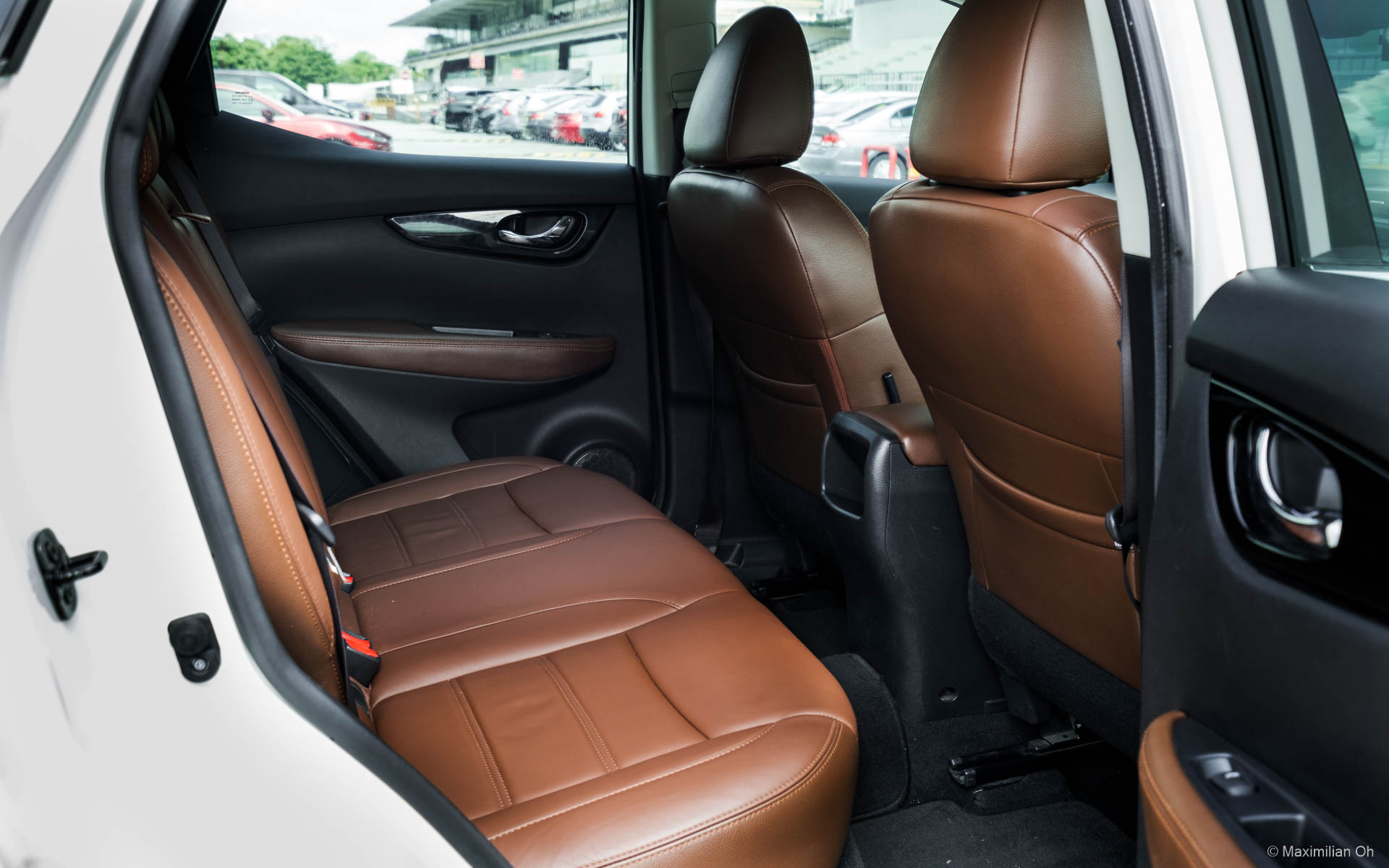
Rear seats are comfortable too, with plenty of headroom and legroom. Being an SUV, the seats are pretty high up, which requires a little more effort to climb into for younger and older folks. The centre seat is less comfortable, with the backrest doubling as a folding-out armrest. There’s also no rear air conditioner, which you may find troublesome on hotter days.
Can it carry a lot of cargo?
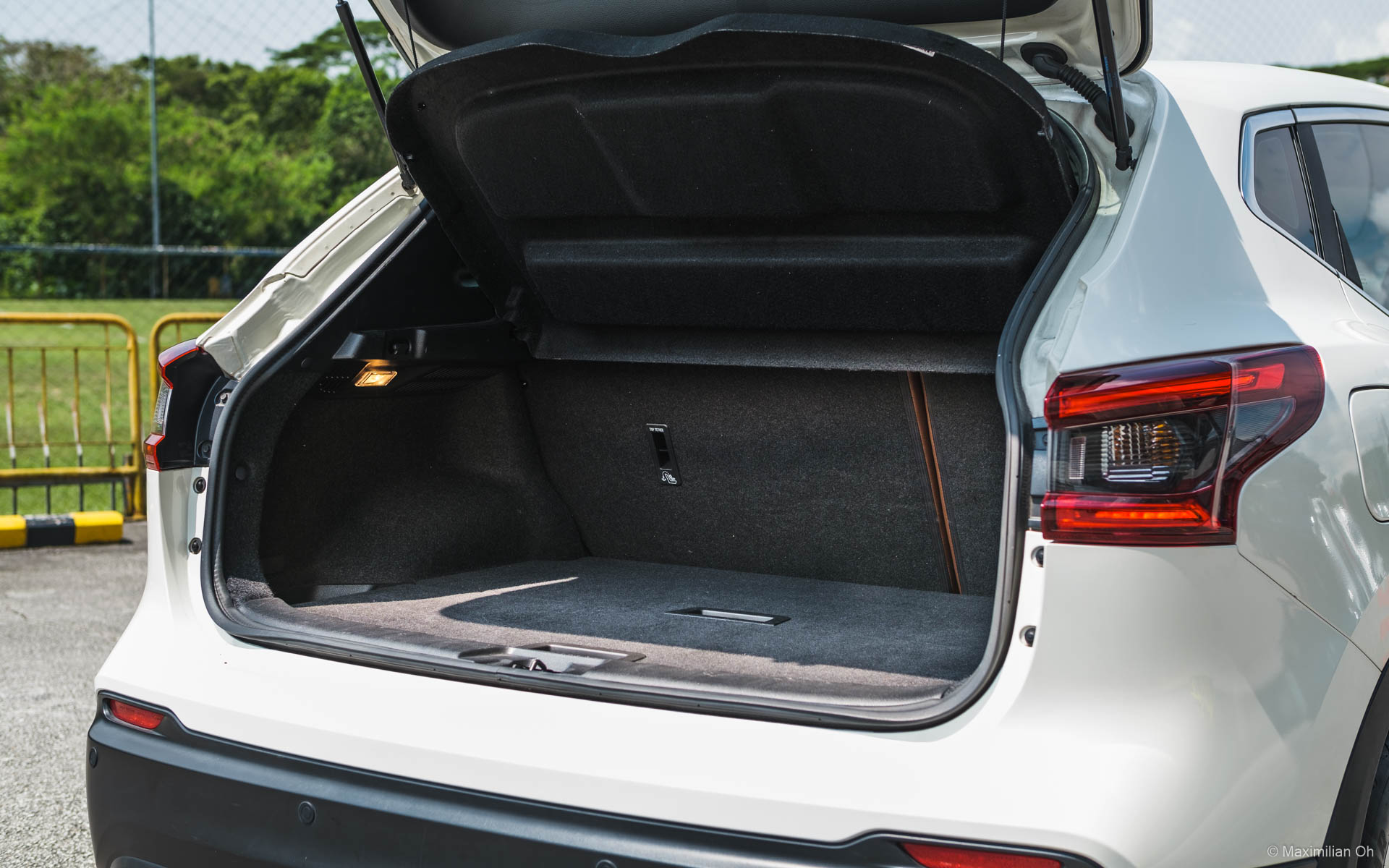
Yes, it can. Being an SUV, the Qashqai offers plenty of space for your grocery shopping needs. It can hold 430 litres of cargo by default, and if you flip the seats down, you’ll be able to carry a whopping 1,585 litres of cargo. If you are your family’s delivery driver, boot space definitely won’t be a problem.
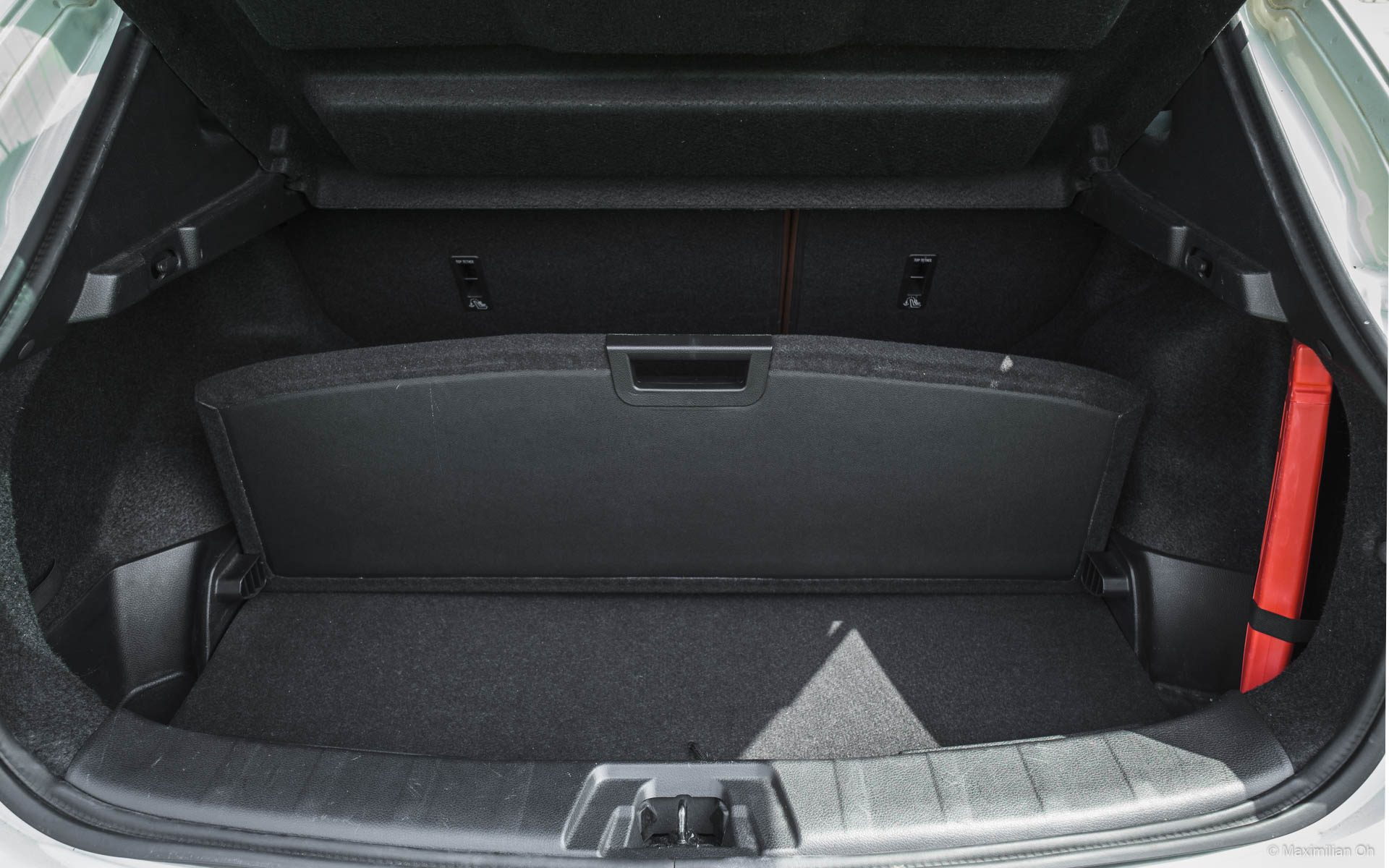
Practical features such as a configurable boot floor and a boot divider also offer the Qashqai immense practicality as a cargo-hauling vehicle. There’s also a spare tyre below the boot floor, which may be useful when making a trip up north.
Alternatives
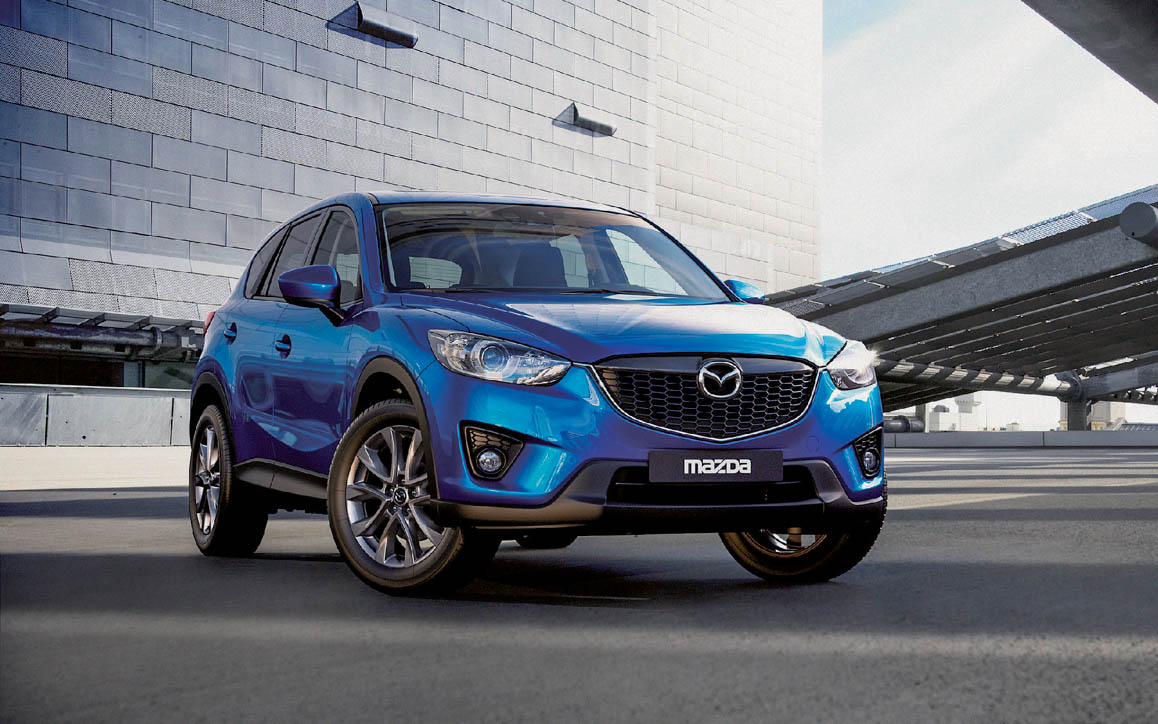
(Photo Credit: Mazda)
A decent alternative to the Qashqai is the first-generation Mazda CX-5. Produced from 2012 to 2017, the CX-5 is one of Mazda’s most popular cars, liked for its size and styling. Do note that the lowest engine capacity for the CX-5 is 2.0L, so road tax is higher than the 1.2L Qashqai.
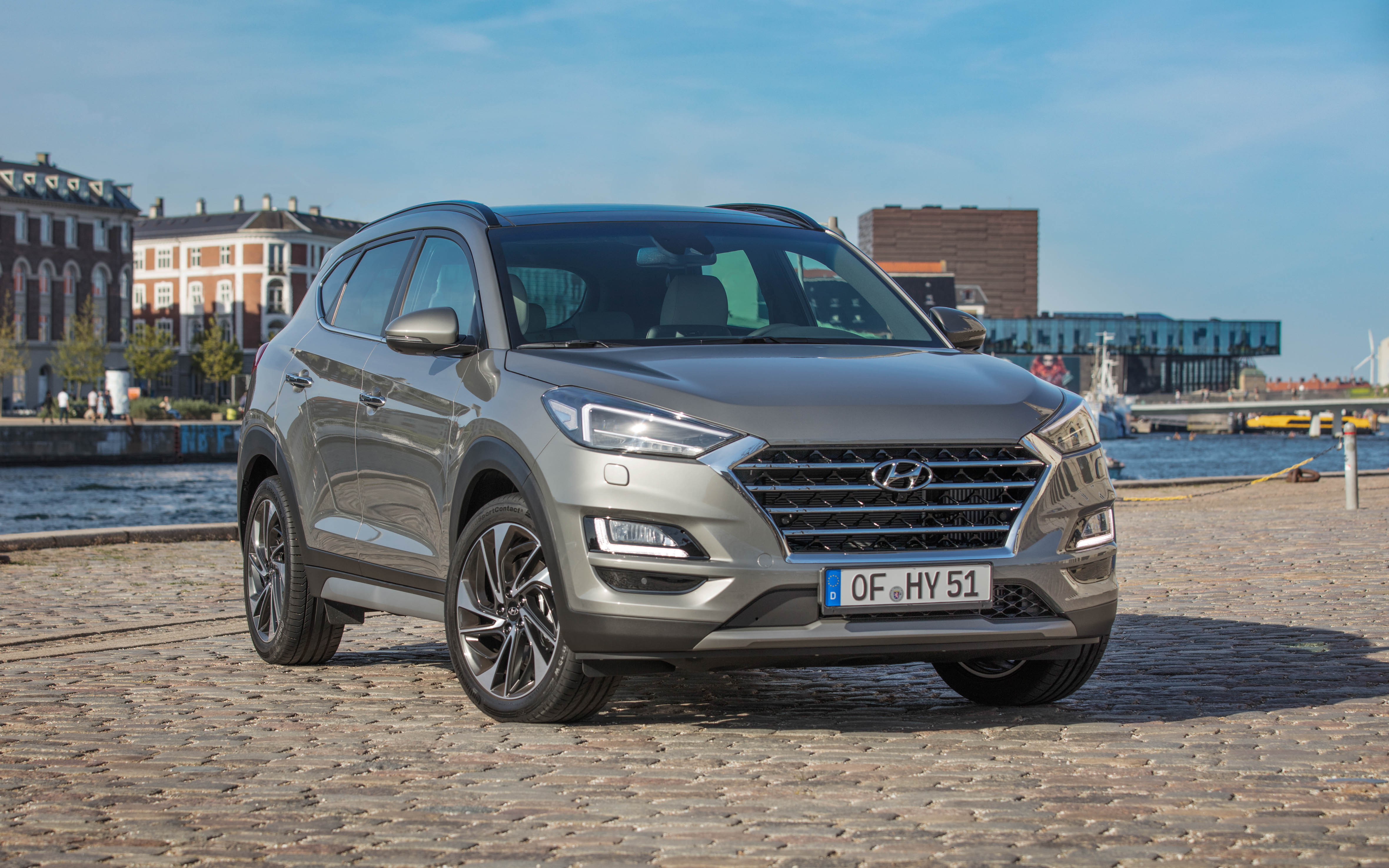
(Photo Credit: Hyundai)
If you aren’t a fan of Japanese cars, you can consider the third-generation Hyundai Tucson. Also serving as the Fast Response Car for the Singapore Police Force, this fast and practical SUV is a good buy for those who may prefer a Korean car.
Verdict
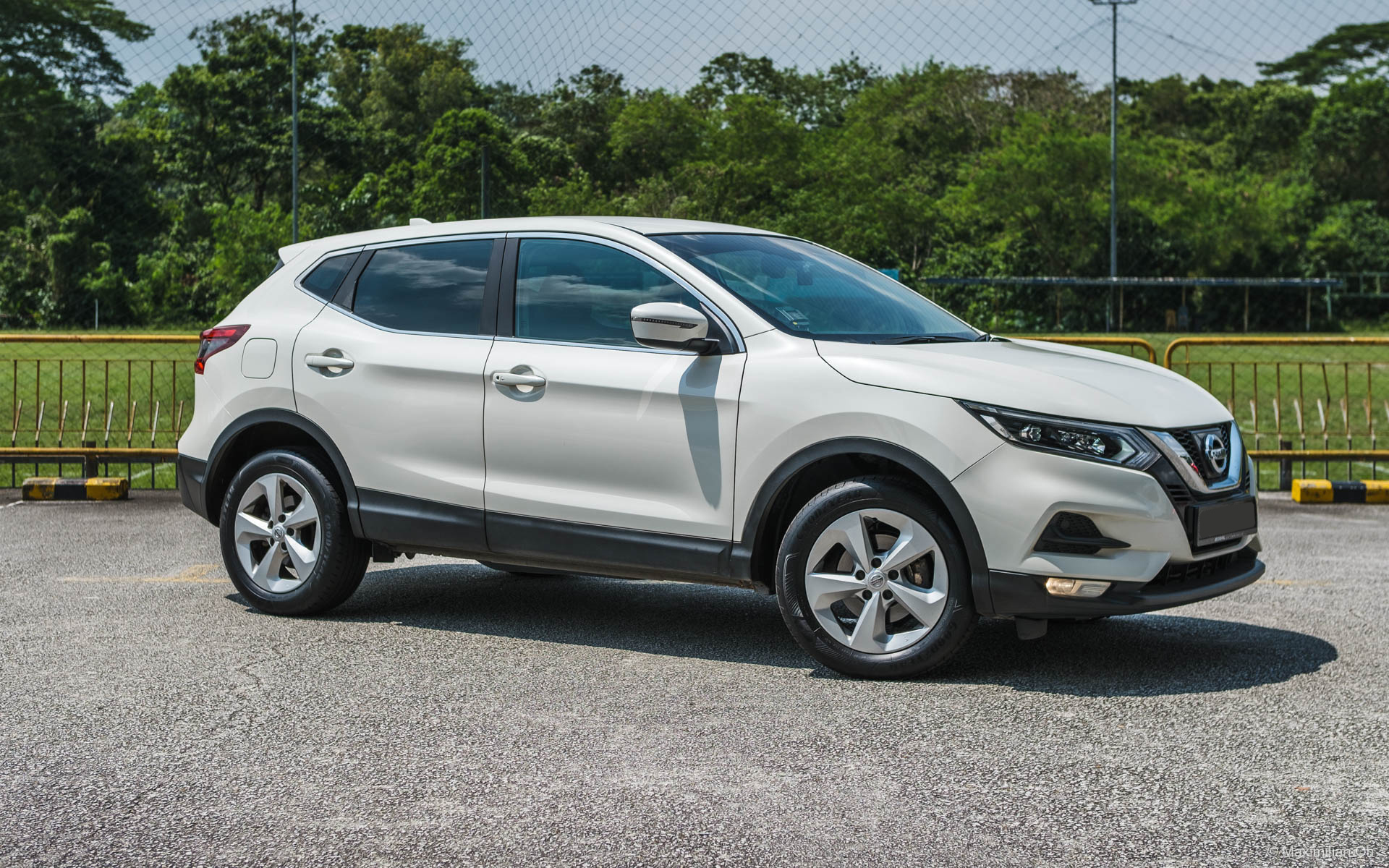
The Nissan Qashqai is a perfect buy for those who want a no-frills SUV that offers immense practicality and low running costs. While it won’t draw much attention or win any awards for its looks, it won’t disappoint you. Just be sure to have a comprehensive pre-purchase inspection before you buy one to keep a look out for the common issues that come with Qashqais.
Motorist would like to extend our thanks to Ideal Automobile for loaning us the Nissan Qashqai for this article.
Photo Credits: Maximilian Oh (@mexsimilien)
Super App for
Vehicle Owners
Read More: Motorist Car Buyer's Guide: Honda Civic FD
Download the Motorist App now. Designed by drivers for drivers, this all-in-one app lets you receive the latest traffic updates, gives you access to live traffic cameras, and helps you manage LTA and vehicle matters.
Did you know we have a Motorist Telegram Channel? Created exclusively for drivers and car owners in Singapore, you can get instant info about our latest promotions, articles, tips & hacks, or simply chat with the Motorist Team and fellow drivers.
